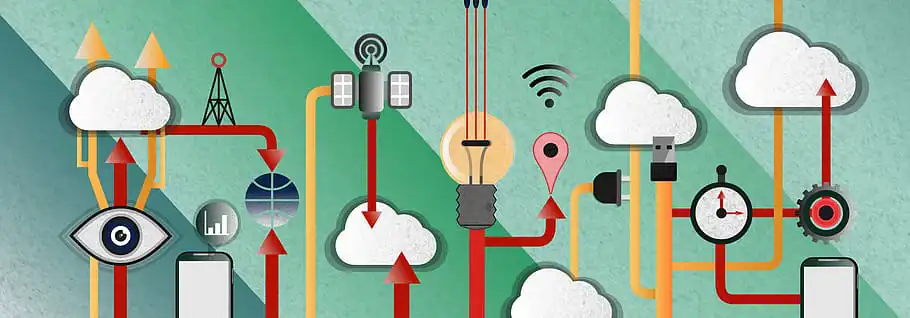The Tech Era
We live in a digital world where tech giants rule our lives. From communication and entertainment to banking and shopping, our reliance on Apple, Google, Microsoft, and Amazon is immense. Given their expansive influence, these tech giants are often under scrutiny regarding their business practices.
Despite numerous regulations, these companies continue to dominate, raising several concerns. The potentially irreversible impact of tech monopolies is now being scrutinized by the U.S Senate, putting Tim Cook (Apple) and Sundar Pichai (Google) in the spotlight.

Recently, Senator Amy Klobuchar introduced a bill to redesign the existing antitrust laws. This could significantly affect the expanding tech empires, as well as start-ups, ultimately changing the face of the tech industry.
New Legislation on the Horizon
The proposed legislation seeks to curb tech monopolies by introducing stricter regulations, very similar to how big banks are regulated. Under these proposed regulations, the tech giants would be examined periodically to ensure that they are not engaging in anti-competitive practices.
This legislation is aiming to curb the uncontrolled growth of the tech industry, as their size and scale could potentially disrupt the market. The legislation also doles out heftier punishments for violations, emphasising the need for fairness in operations.
If passed, the new antitrust laws could also affect companies that are gaining momentum in their respective sectors. By being categorised as 'dominant', a company's mergers and acquisitions could be scrutinised and potentially halted.
The Implications of Regulation
Should this legislation pass, companies may have to restructure their business models and strategies. Tech giants may need to reconsider their expansion plans or face increased scrutiny and potential legal battles in the future.
Perhaps more importantly, these regulations may shape the landscape for startups. New entrants in the technology domain might face a more conducive environment for growth, leading to a more competitive market.
However, these proposed laws could stifle innovation, as tighter controls on big tech may limit their ability to invest in research and development. Additionally, the plausibility of assessing the dominance and growth trajectory of tech companies could prove to be challenging.
Running a Tight Ship
Regulation is necessary to ensure fairness in the tech industry. However, striking the right balance between curbing monopolies and promoting innovation is key.
While putting tech giants under the antitrust lens could allow for better market competition, it could inadvertently hinder technological advancements. Already, big tech such as Google and Apple have voiced their views against such legislation, stating that it would curb their ability to bring transformative products and services to the market.
While lawmakers grapple with the devil in the details, the essence of this proposed legislation is clear - It's time for a change. Whether it be to stave off monopolistic control within the technology industry, or provide a conducive environment for up and coming tech businesses, the new antitrust laws could result in a more equitable tech landscape.
A Pivotal Moment in Tech
The introduction of Senator Klobuchar’s antitrust bill signifies a pivotal moment in tech history. If passed, it would mark the beginning of a new era, where tech giants are held accountable for their influence on the global economy.
This is not just about curbing the monopolistic tendencies of current tech giants, but also about creating a fair and competitive ecosystem for the future. If these regulations are implemented effectively, they could usher in a new age of innovative technology, led by a diverse array of tech companies.
Checks and balances are necessary features of any competitive market. Striking a balance between these checks and the freedom to innovate is the challenge that lies before lawmakers. This legislation may be the initial step towards creating a more balanced tech industry, but it certainly won't be the last.
Concluding Remarks
Instead of considering this legislation as a threat to big tech, it should be considered an opportunity to scrutinise the tech industry's practices. A review of antitrust laws may be what the tech industry needs to stir competition and innovation.
If successful, these reforms could redefine the shape of the technology landscape while fostering the emergence of unconventional, innovative tech companies. This is particularly important in an era dominated by mega-giants, where competition is stifled and fairness in the industry seems elusive.
Yet, this is only the beginning. The debate is bound to continue as the implications of this potential law change become clear. At its core, this legislation is attempting to reposition the tech industry towards better market competition and innovation. For now, the tech world anxiously watches, awaiting the future of big tech.